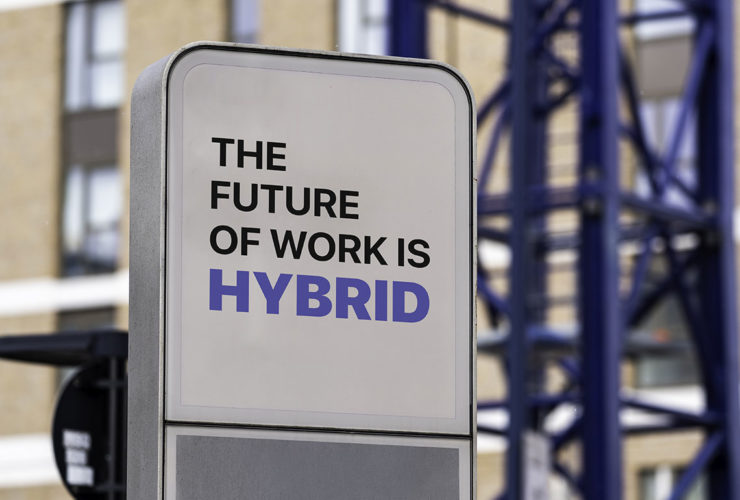Most recruiters would tell you anecdotally that someone 2-3 years into a career is at an inflection point. Are they going to stay with the company that first hired them? That’s a strong sense of loyalty because, to many, that’s your first job that pays significantly. So should you stay and grow there? Or move for more money and more opportunity/responsibility? Usually, around 2-3 years into a career is the first of many of these inflection points. They keep happening, too: average North American job tenure right now is about 4.2 years.
This all poses a challenge for hiring managers and recruiters, though. In a given situation, let’s say you have these two options:
- Someone fresh out of university
- A junior candidate with three years experience
Who do you pick? It confuses many hiring managers and recruiters. Here are some guiding ideas.
Logic above all
In technical hiring, you need to always keep this top of mind. If someone can think logically, they can pick up technical skills. Any programming language is just about programming logic.
How you develop an algorithm remains the same, even if the syntax is different.
A good developer is good problem solver. You can walk any candidate through a series of problems and analyse them based on how they’d approach solving them. They don’t even need to solve the entire given problem, within first few steps you can easily determine how good they are. So in this experience doesn’t matter. A tech team driven by algorithms will usually outperform any other tech team 9 times out of 10.
All hires are long-term investments
This is where the thinking can get tricky for hiring managers. My opinion on hiring is this: unless you are hiring just for a sprint role or a project role (say, six months), then any hire needs to be thought of as a long-term investment.
But many hiring managers think: “I am very busy and don’t have time to educate the person, I need someone who can come in now and execute.”
This is where a bias goes towards junior (2-3 years experience) candidates because they can come in and execute better. Right? They have work experience already. Not always right.
The benefits of hiring someone fresh from university
The biggest benefit to me is that you can train this person in your ways, your team culture, your sprint cycles, your thought processes, your overall business model and process, etc. They don’t come in with potentially bad practices from other companies they’ve worked at. They come in clean.
The second benefit is loyalty. Many employees will be loyal to their first job for longer than 2-3 years simply because (a) that job paid them first, (b) that job gave them a chance first, and © that’s the ecosystem they know and understand.
Build loyalty and build skills and that candidate might become a long-term employee. I have a colleague who came in fresh from university and, a decade later, is a major business manager on the technical side. He grew with a good manager early in his career, learned skills, learned the business, learned how to connect the IT with business, and now has a great career.
He was a “risk hire” to some hiring managers because he didn’t have the experience at the time of the first hire. But it turned out beautifully.
Sometimes we just need to change our thinking.
The salary elephant
I still maintain, as above, that the most problem-solving candidate should be the one you go with. But at the same time, companies are trying to make money and we need to understand that. Even for a crucial role, a company doesn’t want to pay huge salary money to a candidate fresh out of college (some companies do, admittedly).
You can usually pay someone fresh from university less than someone with 2-3 years of experience, relative to a specific technical role and how important that role is to your roadmap. So if you want to keep salaries down at these levels, it pays to hire more people fresh from college.
The caveat there: if they grow and develop with you, they should be compensated accordingly too.

Amrut Patil
Amrut is a seasoned software development professional with over 12 years of experience in designing and building the architecture around mobile applications. Amrut has worked across different technologies and different business verticals. He is passionate about learning new technologies.







